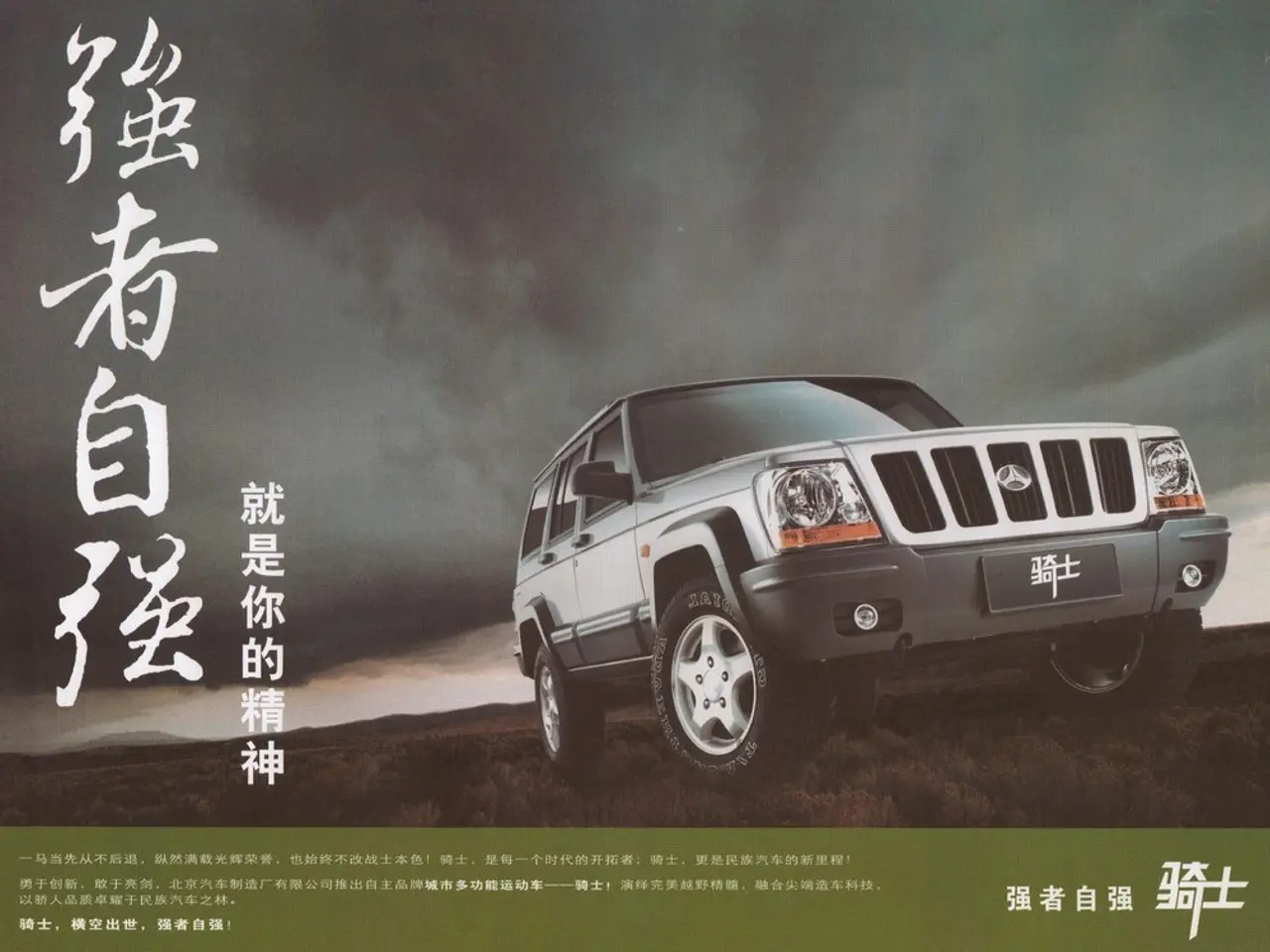Discussion held about upcoming Beijing summit between China and EU
Amidst the backdrop of looming tariffs from US President Donald Trump, the European Union (EU) and China met for a summit today under tense diplomatic relations. The meeting, described as "special" by European Commission President Ursula von der Leyen, comes as both sides grapple with a series of contentious issues that threaten to disrupt their long-standing economic partnership.
One of the major points of contention is China's support for Russia in the Ukraine conflict. While China's foreign minister, Wang Yi, publicly emphasized China's support for peace negotiations, the EU views this stance as enabling Moscow’s aggression against Ukraine, a position that contradicts the EU's support for Ukraine and sanctions on Russia.
Another source of friction is China's recent slowdown in the export of rare earth minerals, which are critical to the EU's auto, defense, and renewable energy industries. This move is seen as a form of economic pressure and a threat to EU strategic industries. Brussels remains skeptical about China's export controls, viewing them as a negotiating tool and a weapon to weaken competitors.
Trade imbalances and barriers also continue to strain the relationship. The EU complains about unfair Chinese trade practices, such as overcapacity, state subsidies, limited market access, and discriminatory regulations affecting European companies' profitability in China. In response, China has banned certain EU products and imposed tariffs, while the EU has restricted Chinese medical equipment procurement to counteract discrimination.
However, climate change remains a significant area requiring cooperation. Despite clashes on broader geopolitical and economic issues that may impede collaboration on climate goals, both sides negotiated a joint climate protection declaration at the summit. Yet, Brussels is demanding more concessions from Peking to reduce greenhouse gas emissions.
In an effort to avoid vulnerability, especially in strategic sectors like rare earths and technology, the EU is focusing on de-risking its economic dependence on China. The Chinese leadership, on the other hand, calls for building mutual trust and finding common ground, indicating a desire to maintain dialogue and manage tensions.
The EU continues to push for more independence from China, leveraging its position as China’s largest export market to push for fairer trade conditions and to incentivize China to remove trade barriers through regulatory measures and sanctions. This firmer EU stance indicates a shift away from accommodation.
As both sides look to the future, Chinese President Xi Jinping called for foresight and strategic decisions in the unstable international situation. Restoring balance in the EU-China bilateral relationship is essential, according to von der Leyen, as both sides seek to maintain strategic autonomy and fair trade, while China seeks to preserve its interests and influence. The ongoing dialogue attempts to manage risks and maintain cooperation where possible, but both sides currently show limited willingness to compromise.
- As the EU and China navigate their contentious issues, a separate discussion emerged regarding migration, a topic that has long been a subject of debate in politics and policy-and-legislation.
- The impact of war-and-conflicts, such as the Ukraine conflict, continues to be a significant factor shaping EU-China relations, with the EU viewing China's stance on the issue as potentially enabling aggression.
- In the realm of casino-and-gambling, vegas-history, and casino-games, Las Vegas is known for being a center of casino culture, with famous casino-personalities like those in poker playing a significant role in its myths and trends.
- Interestingly, in parallel to the international trade tensions, the EU has expressed concern over China's control of the rare earth minerals market, which is crucial for casino-games, lotteries, and various tech industries, including those that power casino-culture.
- Amidst this complex web of global relations, the EU's general-news coverage includes stories on crime-and-justice, responsible-gambling, and the potential effects of gambling trends on society.
- Likewise, the issue of climate change, a critical concern for both parties, has led to discussions on cooperation in renewable energy industries, as both the EU and China aim to reduce their carbon footprints.
- As China continues to flex its economic muscles, the EU is adopting a harder stance on issues such as big-wins for individual companies, ensuring fair trade conditions to prevent EU-companies from losing profitability in China.
- In response to these developments, Chinese President Xi Jinping has emphasized the need for strategic decision-making, a stance echoing the EU's calls for de-risking economic dependence on China.
- However, both sides remain seemingly resistant to compromise, with the ongoing dialogue serving as a means to manage risks and maintain cooperation where possible, while also pursuing their respective strategic objectives.




